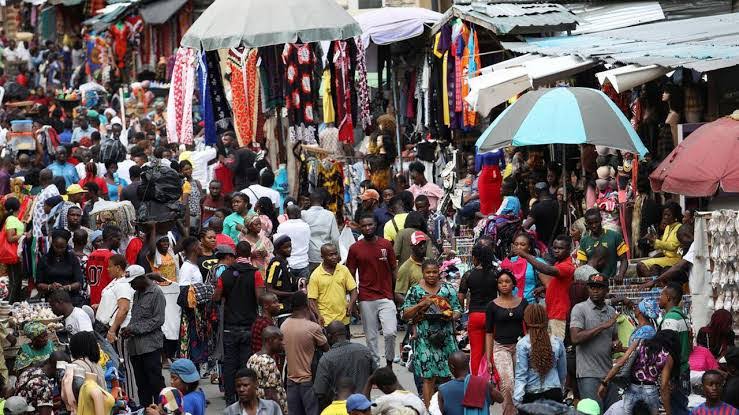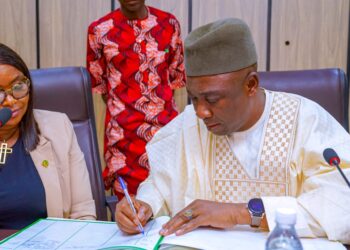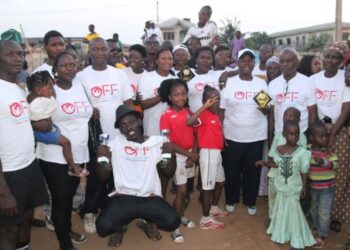Nigerians are known for their resilience, spirit, and ability to find joy despite tough times. However, the current reality paints a grim picture, where economic hardship and security challenges intertwine, creating a suffocating pressure on everyday life.
The economic landscape is bleak. Inflation continues to climb, eroding purchasing power and pushing necessities further out of reach. Jobs are scarce, and many employed people grapple with stagnant wages that fail to keep pace with rising costs. The dream of a better life feels increasingly distant for many, replaced by the daily struggle to put food on the table.
Adding to this despair are ever-present security concerns. From terrorist attacks in the north to kidnapping gangs operating across the country, the fear of violence is a constant companion. Travel is risky, businesses suffer, and entire communities live under uncertainty. This climate of fear discourages investment, stifles economic activity, and creates a vicious cycle of hardship.
The impact of these intertwined challenges goes beyond material concerns. The constant stress and pressure take a toll on mental health, fostering anxiety, depression, and a sense of helplessness. Social cohesion erodes as distrust and fear creep in, further fracturing communities struggling to cope.
Yet, amidst the darkness, flickers of hope remain. Nigerians are not giving up. The spirit of resilience persists from community initiatives raising funds and supporting each other to individuals starting small businesses and finding ingenious ways to survive.
Addressing this crisis requires a multifaceted approach. On the economic front, diversifying the economy, investing in job creation, and tackling corruption are crucial steps. Security concerns demand strong leadership, coordinated efforts to combat criminal activity, and addressing the root causes of conflict.
But this cannot be done solely by the government. Communities must unite, supporting each other and demanding accountability. International cooperation and partnerships can provide vital resources and expertise.
The road ahead is undoubtedly challenging, but the Nigerian spirit is not quickly broken. By tackling these issues head-on, with a collective commitment to a brighter future, Nigerians can overcome these hardships and build a safer, more prosperous nation for all.
MNI Ozoya, MSc, MCIMSPA
FIFA Guardians Safeguarding Platinum
BILD PBS Coach

















